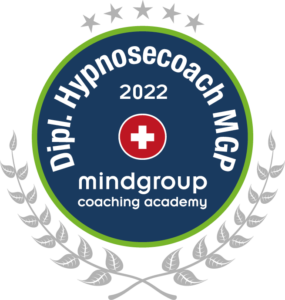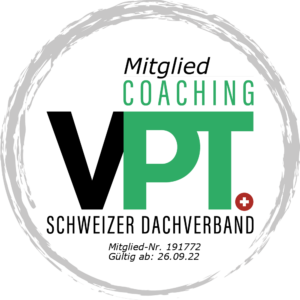This is the pullquote text.
When I was 7 years old and had to go to school, we had traffic lessons with our village policeman. We were allowed to go out with him and down to the street. There we stood excitedly at the pedestrian crossing and he said: "Luege, lose, loufe". Look, listen, walk.
And today I know that the man was very wise. Take the time to listen, look around and then decide what to do.
Communication Training
Talking is silver, communicating is gold.
What?!? I want gold.
- Communicating also means relating;
- to oneself and others
- Relating clearly gives you clarity in your relationships
- Clarity in relationships leads to well-being
- Wellbeing makes your life more enjoyable
- What else?
Training strengthens communication skills and thus makes your life more enjoyable.
How can I communicate authentically so that the spark jumps?
Here you will get to know, apply and deepen tools of conversation.
Depending on the need, we practise using different conversation techniques and communication models.
We can create specific scenarios and practice opportunities that allow us to enter into challenging conversation situations. In this way, we practise concretely with practical examples, repeat and try out.
We practise saying what we mean and hearing what is meant and can then better understand what to do.
I take a goal-oriented and playful approach and give you clear feedback.
Don't put yourself under pressure. Marlene Dietrich also fell off the stage and broke her leg. She probably took the broken neck and leg literally. But it didn't harm her career.
Seriously and with ease we work on body, gestures, space, intention, direction, voice and mood, text and language and very importantly; we set pauses. So that you can enjoy your performance and calmly achieve the desired effect. Quite naturally.
Stop for a moment, sit back and remember a speech you heard that completely fascinated you. We all know that feeling when someone can touch us like that.
Was it the words? The content of the speech. Yes ... also. The voice? Yes ... also. What else? Maybe the person smiled, delivered the speech with humour? Yes, yes, yes ... but what was it exactly? What exactly fascinated you there?
"Singing is a physical, intellectual, emotional, spiritual expression of the breath", said Jessie Norman in an interview. I say, yes! And talking is too.
And to simplify it; the next time you are fascinated by a speech, listen to the rhythm and timing.
Did you know that Margaret Thatcher did not have a convincing voice for the political stage? And first had to bring out other registers in herself. So that she could take off.
Yes, the voice. Hm ... It should be carrying, sonorous. Then still warm, melodious. Beguiling. Real. Seductive. And easy to hear. It should sound like Brandauer's or Obama's ... Meryl, what was her name? Streep, exactly. Or like Tilda Swinton's.
Hm ... why not like you? That would be my recommendation. Person, mood, voice. Make yourself sound and others melt.
The search engine says:
Pre-sence / Präsénz
- Noun, feminine [the]
1. FIGURATIVE LANGUAGE
Presence, [consciously perceived] presence.
"strong military presence"
2. JARGON
physical charisma [skraft]
"an actress with/of downright stunning presence".
Let's stay here with physical charisma. But much more important is the mental radiance. Because physically we are mostly on the spot. But where are we mentally? Where is our esprit? Here it is primarily about mindfulness, attention and being conscious. The interaction of body and mind in the present moment.
Because Esprit is not just a label. It is:
Es-p-rit /ɛsˈpriː/
- Noun, masculine [the] EDUCATIONAL
witty-brilliant way [of speaking], sparkling with spirit and wit.
"having esprit, showing"
The art of being oneself completely.
What do you spontaneously think of when you hear the word communication?
Associatively I connect communication to talking.
But what about listening? What about the non-verbal world? "No impression, no expression", my drama teacher once said, just in passing.
If we are not impressed, we cannot trigger anything in others.
My concern in workshops is to create a space together with the participants in which we can try things out. An environment in which we can practise, rehearse and discover. Value-free. I am not interested in right or wrong, good or bad, but in what works why and what should be different in the future. And in such a way that it is also authentic for the respective person.
In addition, the means of reflection is also central here. Because professional action is reflected action. Patterns become conscious and the repertoire of actions can be expanded.
Using conversation techniques and communication models, we will mainly practise.
We work with fictitious case studies or take an ad hoc approach, i.e. we use concrete case studies experienced by participants, which can be adapted to the situation. Depending on what is at hand.
The workshop is suitable for 6 - 12 participants. Half or full days are possible.

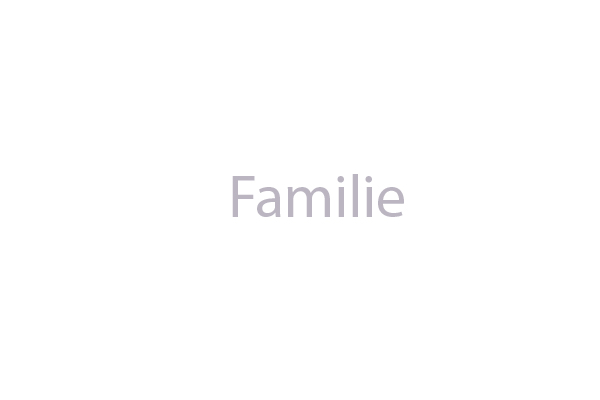
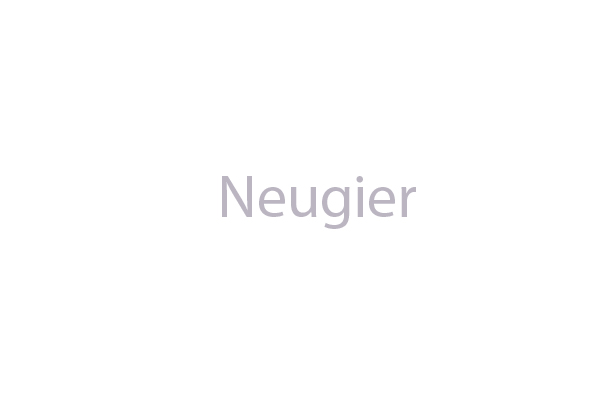



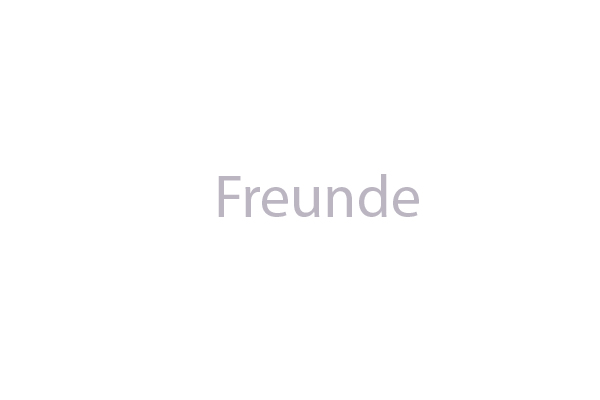
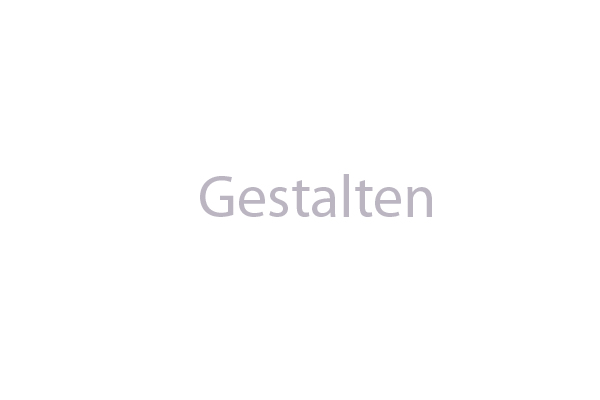





 2023-02-09
2023-02-09


